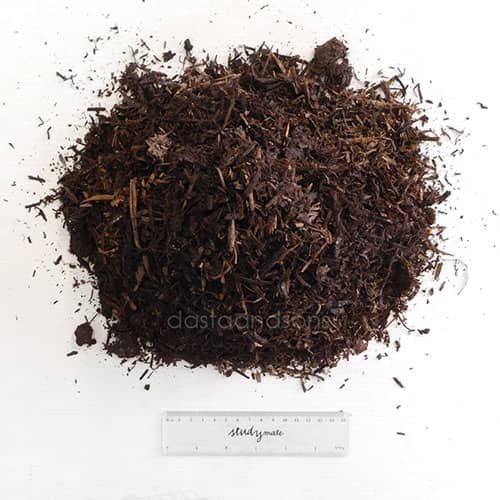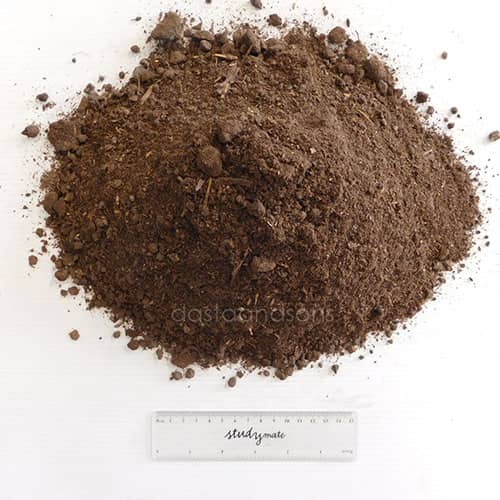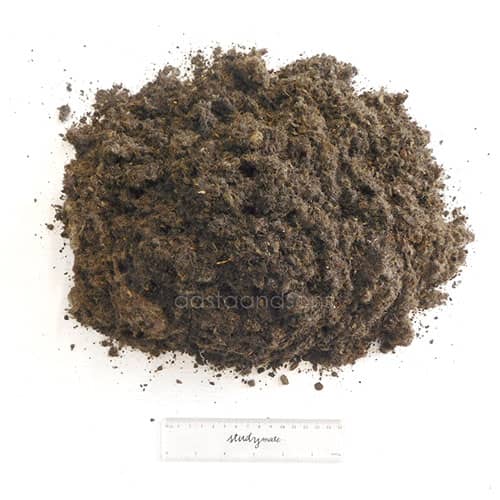Find the Best Organic Fertilisers for Your Garden Online Melbourne-wide
Food is as important to plants as it is to humans, and neither can survive without it. Plant fertiliser provides plants with nutrition and is usually found in animal, vegetable, or mineral forms. Organic garden fertiliser is becoming increasingly popular in the horticultural industry thanks to its environmentally friendly properties. Since it is made from natural raw materials of plant or animal origin, a lot of people have or are planning to switch and take advantage of it.
If you are planning to buy organic fertiliser for plants in Campbellfield and Melbourne Dasta & Sons provides top-quality organic fertilisers, garden mulches and potting mixes. They will nurture your garden, providing it with essential nutrients and minerals. Our fertilisers contain zero additives and are chemical-free. They will increase soil structure, vitality and nutrient uptake, improving plant growth. Furthermore, they pose no threat to the soil and will eventually become part of it. Explore our store today to find one that matches your requirements.
What are organic fertilisers?
Organic garden fertilisers are made from natural resources like animal and plant residues. They are high in natural by products and more environmentally friendly compared to chemical fertilisers. These are available in solid or liquid form and are widely used in the production of vegetables, fruits, and cash crops. They are a great source of nutrients in the long term for your vegetable garden or your lawn.
Why Does My Garden Require Fertilizer?
Soils are naturally rich in nutrients such as phosphorus, nitrogen, calcium, and potassium. Plants can grow because of these nutrients. However, they can suffer from nutrient deficiency and stop growing when soil nutrients are missing or in short supply. When the nutrient levels are too low, the plant is vulnerable to issues like stunted growth or yellowing of leaves, resulting in reduced plant quality. This is why fertilisers are required to prevent such issues. Here are a few reasons you may require fertiliser for your garden:
- Fertilisers improve plant quality and yield
- To top up and maintain the fertility of the soil
- Optimise the land’s productivity
- To ensure the health of the soil
Advantages of Organic Fertilisers
Organic fertilisers are becoming very popular today amongst professional horticulturalists as well as DIY enthusiasts. Some of the major benefits it offers users are:
-
Environmentally friendly: Organic fertilisers are non-toxic. They are ecological, thus, making them perfect for greenhouse farming.
-
Longer availability: They fertilise the soil for a much longer time which further lowers the risk of burning and leaching of the roots.
-
Easy to use: You need not worry about protecting your clothes or skin from exposure as they are user-friendly.
-
Slow-release: These fertilisers are released slowly over time. While it is not quick acting, this ensures higher effectiveness and a long-lasting effect.
-
High moisture-absorbing capacity: Organic fertilisers for plants also prevent water loss and improve water retention capacity resulting in better growth performance of the plants.
-
No leaf or root burning: Composting guarantees that the ammonium is converted into a more stable form of nitrogen. This nitrogen is slowly released, reducing the risk of leaf or root burning.
Different Types of Organic Fertilisers for Gardens
There are several types of organic fertilisers to choose from. The materials you require are entirely dependent on your soil and the plants you are growing in your garden. Plant-based fertilisers made of grass clippings degrade faster than other organic fertilisers, but they usually provide more soil conditioning than actual nutrients. Manure, bone meal, worm castings and blood meal are examples of animal-based fertilisers that add a lot of nitrogen to the soil. They are ideal for leafy plants and rapid growth in the first few weeks of gardening.
Organic Slow-Release Plant Food Suitable for Plant Types
At Dasta & Sons, we offer the following slow-release, organic fertiliser for plants for purchase:
-
Mushroom Compost: Our mushroom compost is an organic, slow-release plant fertiliser. It is a combination of composted chicken manure and straw. Gypsum, one of the important elements which helps break down hard soil, is also present.
-
Cow Manure: Made from composted cow dung which is rich in N-P-K value. It helps loosen compact soil and is great for all kinds of vegetables, plants, shrubs, flowers and trees.
-
Sheep Manure Milled: It is a natural, pure, and organic fertiliser without any additives. The sheep manure is milled so that it is ready to be dug into the soil and settled before planting.
Discover a Wide Range of Quality Organic Fertilisers Online at Dasta & Sons
Dasta & Sons is a leading supplier of the best fertiliser for plants in Campbellfield and Melbourne. Our store is the one-stop shop for all your gardening and horticulture needs. We have high-quality natural fertiliser for plants at pocket-friendly prices to fit every budget. You can also take advantage of our various specials and deals when you shop at our store.
We also provide weekly delivery services so if you place an order now, we will ensure that it reaches you at the earliest possible date. For more information about our products or services, you can call us on (03) 9357 8965 / 0411 402 401, or email us at sales@dastaandsons.com.au.
Not all fertilisers hurt plants. However, excessive use can burn or desiccate roots, ultimately killing the plant.
Fertilisers can last anywhere from seven days to several months in the soil. This depends on the type of fertiliser and its.
Yes. However, organic fertilisers have a lower NPK (nitrogen, phosphorus, potassium) analysis than synthetic ones, but they nourish plants for a much longer period.
A quick-release fertiliser can be applied to the soil once a month, while a slow-release fertiliser can be applied once every planting season.
No, a sick plant must not be fertilised as it just adds more stress to the plant.
Cow manure, mushroom compost, and milled sheep manure will work wonders on vegetable patches.







